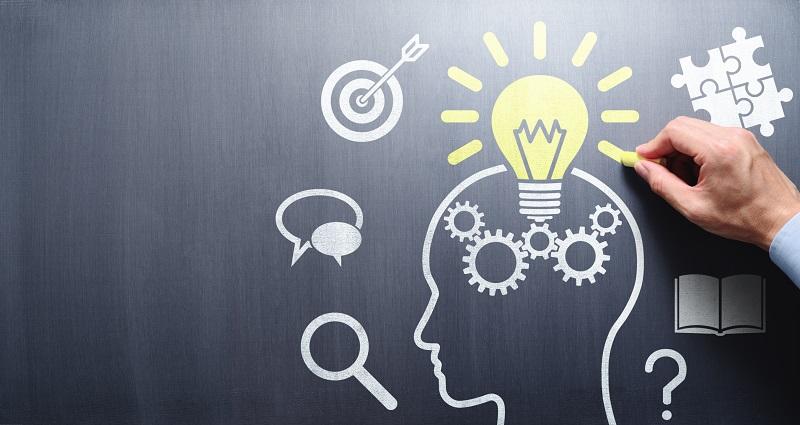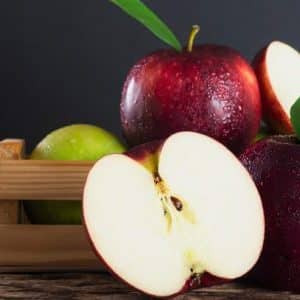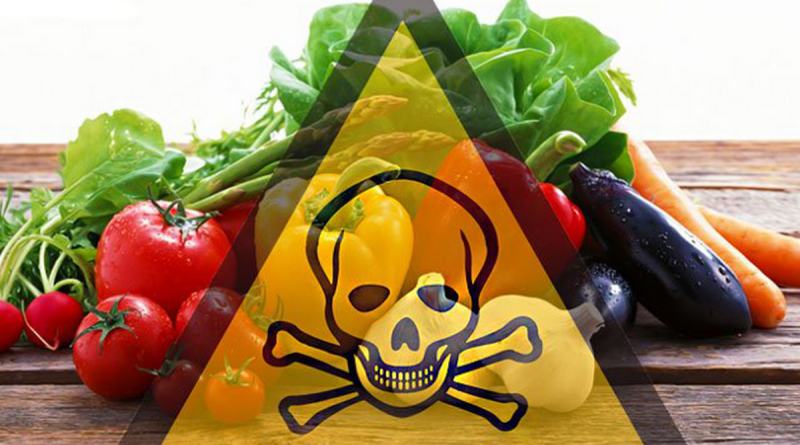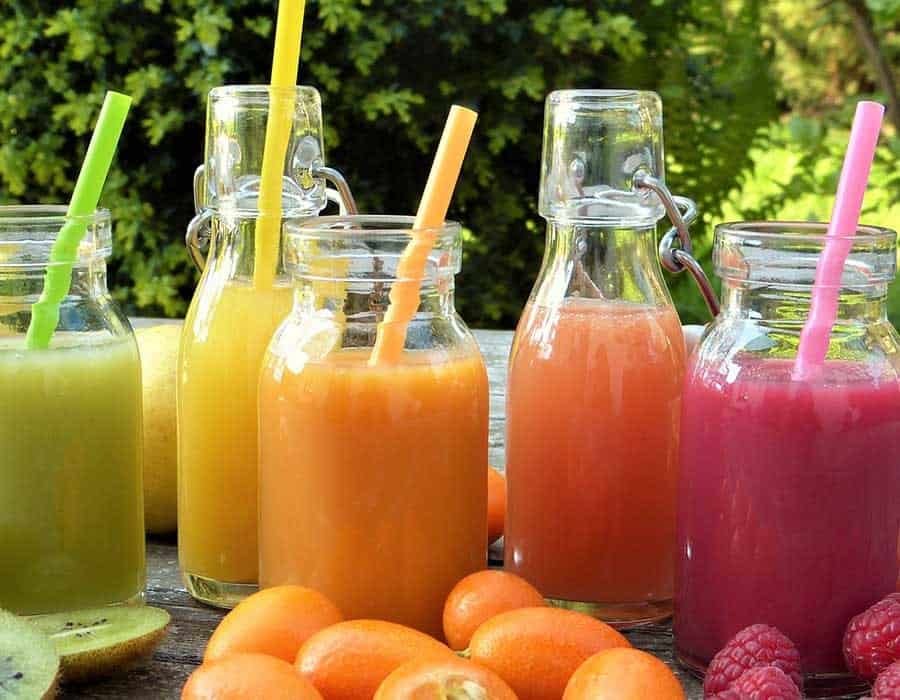
Safe mental stimulants
Safe mental stimulants
The emergence of products that are mind enhancers that enhance the brain and minds recently, according to what was published by the “Mind Your Body Green” website.
Cognitive health scientist Professor Myleene Brownlow says that as a neuroscientist and a working mother, she is "deeply interested in how nutrients, botanicals, and prebiotics combined with nootropic actions affect cognitive health", whose use is correlated with many demographics among students, business and professionals, and even among Mothers who try to keep up with their children.
“Nootropic”
Although the word “nootropic” has become more and more popular lately, some of these compounds may have been in use centuries ago in ancient medicine, and others are regularly used in modern societies like caffeine to name a few.
Nootropics or “nootropics” are a label that describes a variety of unique compounds that support aspects of brain health and cognitive function, including mental clarity, sharpness, memory, neurological function, neurotransmitter balance and cognitive performance.
At the dietary supplement level, nootropics can be phytonutrients or prebiotics such as peptides and probiotic strains.
Some types of medications are sometimes called the same, but experts caution that any pharmacological nootropic use must be prescribed by a medical professional.
The list of nootropics includes a number of the brain-supporting ingredients found in high-quality supplement formulations, distinguished by a variety of amazing botanicals such as ginseng, berries such as guarana and coffee cherry fruit, fungi such as adaptogenic mushrooms, lesser known succulents such as canna and even essential brain neurotransmitters such as citicoline.
The precise mechanisms of action of Nootropics
From each nootropic, whether nutritious, botanical or biologically active, the body and brain obtain unique energizing mechanisms and actions. Some nootropics affect neuron health and neurotransmitter balance, while others increase focus and mental sharpness.
Some literally enhance blood flow to the brain, such as resveratrol, which helps smooth the flow of nutrients and oxygen throughout the central nervous system and maintain adequate energy.
Nootropics have also been shown to exhibit antioxidant, anti-inflammatory and adaptive properties, which are neuroprotective in essence. Other neuronal activities help protect the brain from toxins, improve executive functions such as cognitive flexibility, enhance memory, and nurture neuroplasticity, all of which contribute to the longevity of the brain with good functioning and health.
Some nootropics also enhance resilience to stress and balance moods, heralding calmness and serenity. All in all, high quality nootropics help keep the mind in good shape.
Nootropic types
The list of plants, fungi, and herbs that are used as a natural source of nootropics include ashwagandha, ginkgo biloba, lion's mane, Panax ginseng, canna (Scletium tortusum) and Rhodiola rosea.
There are also phytonutrients, also known as phytochemicals, which are natural compounds found in plants that benefit human health. Many phytochemicals contain intrinsic antioxidant properties and many of them also promote other areas of health, such as immune resilience, hormone balance, and how well the brain functions.
For example, L-theanine, a phytochemical found in green tea, is a nootropic and helps improve mood thanks to its ability to generate a relaxed and focused state of mind. The antioxidant complex resveratrol, a polyphenol with anti-inflammatory properties, can be obtained from a variety of foods such as grapes, berries, cranberries, peanuts, pistachios and even chocolate and it enhances blood flow in the brain and the performance of cognitive tasks.
Of course, caffeine is used by many as a constant stimulant whether by eating chocolate or sipping tea or coffee, and it is known to improve mental performance (i.e. focus, attention, executive function skills, and more).
In this context, nutritionist Professor Ashley Jordan Ferreira warned against taking “synthetic caffeine”, advising to be careful to eat caffeine obtained from plants, such as whole coffee fruit, green coffee beans and tea.
Nootropic benefits for brain health
Citing the brain health benefits of nootropics, Professor Ferreira said, “For a wide range of activities and feelings essential to life, cognitive flexibility is at its core. This includes things like empathy, debate, impulse control, stress regulation, changing directions, strategic planning, creative writing, problem solving, and multitasking.
Just reading a book and understanding what is being read at the same time requires the mind to benefit from the set of cognitive flexibility skills.”
Of all the neurocognitive domains tested in the 2014 Evidence-Based Complementary and Complementary Medicine Clinical Trial, a nootropic such as Kanna can be said to improve cognitive flexibility, including a subset of executive function skills.
Likewise, ginseng can help balance mood and work actively without feeling tired, especially when completing cognitive tasks, because it acts as a natural protective factor, which means that it demonstrates the ability to enhance mental functioning capacity and physical performance as well without increasing oxygen consumption.
Nootropics are safe
According to Dr. William Cole, a functional medicine practitioner, most nootropics are generally considered safe, as long as the nootropic ingredients are chosen from reputable brands and quality products.
He noted that nootropic ingredients have been in use for decades, and some have even been used for thousands of years, and have been clinically tested. But Cole added, "My advice is to start slowly and listen to the body and adapt accordingly, always telling your doctor about any supplements you are taking."
He added that each person is unique, and some individuals may be more sensitive (or responsive) to different nootropic ingredients. As with any change in diet or lifestyle, check with your doctor before starting any nutritional supplement or periodically adding any nootropic ingredient into your health routine.
Experts stress the need to see a doctor if the person is taking medications or suffers from a health condition, and of course if the woman is pregnant or breastfeeding.






